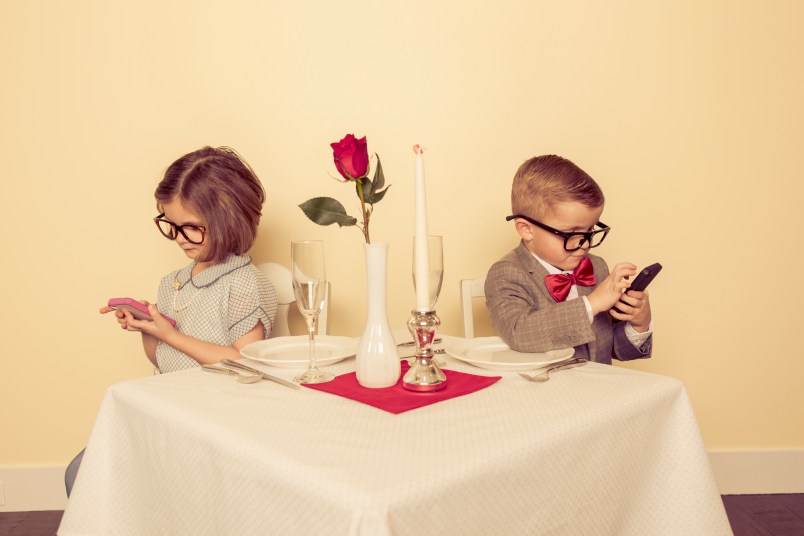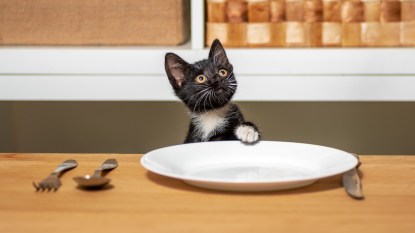Phubbing Is Bad for Relationships, New Study Finds

Nobody likes being out with a friend, husband, or child, only to be ignored while the other person mindlessly scrolls through his or her phone. Why even bother spending time together, right? And in a new study on this phenomenon — known as phubbing, or phone snubbing — researchers have added more credibility to the argument that this concept is doing real damage to our relationships.
What is phubbing?
Phubbing is when you snub someone in a social setting by being on your phone instead of paying attention. Chances are you’ve done it to someone, perhaps without even knowing it, and you’ve had it done to you. In fact, the next time you go out to eat, take a look at the tables around you. How many people do you see on their phones, ignoring their partners and even their food?
In a 2018 study published in the Journal of Applied Social Psychology, researchers at the University of Kent in England asked 153 participants to watch an animation of two people talking and to imagine themselves as one of the individuals. Researchers divided the participants into three categories: no phubbing, partial phubbing, or extensive phubbing, and found that the greater the level of phubbing, the lower the participants’ perceived quality of communication and satisfaction with the relationship. Phubbing especially affected the participants’ need to belong, which could make clear why people report such negative effects.
Effects of Phubbing
And this isn’t the first study about phubbing that depicts how cellphones can undermine relationships. In a 2015 study published in Computers in Human Behavior, researchers from Baylor University looked at “pphubbing,” or partner phone snubbing, specifically. In the first survey, the asked participants a series of questions to determine what behaviors constituted phubbing. Actions like a partner placing his or her phone where he or she could see it at all times or a partner glancing at his or her phone while talking to the participant were considered phubbing. The second survey asked romantic couples to then rate their relationship using measurements like relationship satisfaction, cellphone conflict, and depression.
What the Baylor researchers found was that almost half of the participants reported being phubbed by their partners. Twenty-two percent said phubbing caused conflict in their relationship, and 37 percent admitted to feeling depressed sometimes.
“In everyday interactions with significant others, people often assume that momentary distractions by their cell phones are not a big deal,” researcher Meredith David, MD, said. “However, our findings suggest that the more often a couple’s time spent together is interrupted by one individual attending to his/her cell phone, the less likely it is that the other individual is satisfied in the overall relationship. Specifically, momentary distractions by one’s cell phone during time spent with a significant other likely lowers the significant other’s satisfaction with their relationship, and could lead to enhanced feelings of depression and lower well-being of that individual. Thus, when spending time with one’s significant other, we encourage individuals to be cognizant of the interruptions caused by their cell phones, as these may well be harmful to their relationship.”
So the next time your kid whips out his or her cell phone during dinner, you can feel justified in telling them to put it away.
More From FIRST
New App Freezes Kids’ Phones Until They Answer Your Texts
How to Keep Your Phone Spotless Without Scratching the Screen
If a Teen Buys a Cell Phone With His Own Money, Do Parents Still Have Control Over it?













